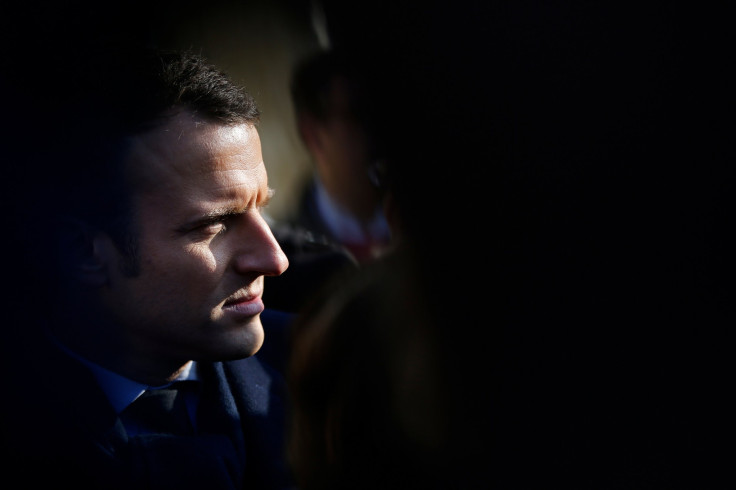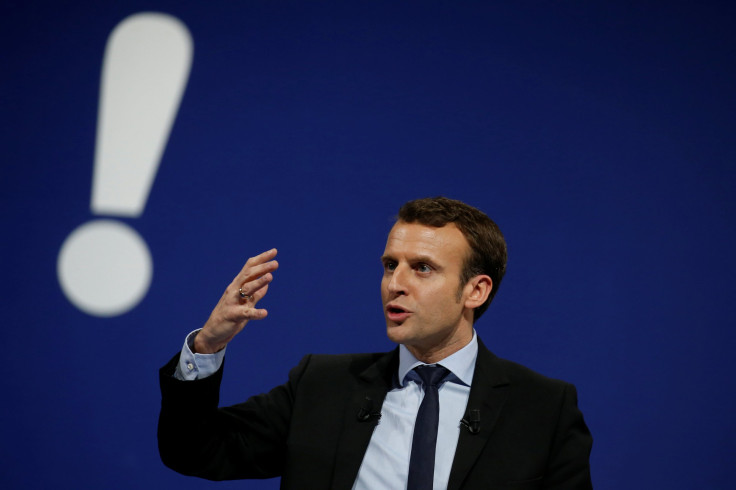Did Russia Hack French Elections? Kremlin Denies Pro-Marine Le Pen Cyberattacks, Despite Emmanuel Macron Claims

Russia denied meddling in French elections Tuesday after a top aide to French presidential candidate Emmanuel Macron alleged Russia hit Macron’s campaign with hundreds of cyberattacks.
Jean-Yves Le Drian, France’s defense minister, said last week French intelligence agencies were attempting to fortify cybersecurity surrounding the election. The announcement followed allegations Russia intended to interfere in French elections in favor of far-right candidate Marine Le Pen, who is sympathetic to Russian President Vladimir Putin. Intelligence agencies said they were concerned Russia would saturate the internet with bots leaving pro-Le Pen comments.
"Official Moscow has never engaged in this, does not intend to engage in this in the future and is not going to put up when someone is trying to interfere in our own affairs from outside," Kremlin spokesman Dmitry Peskov said Tuesday, according to the state-run Russian news outlet Sputnik.
Macron’s party chief also said his candidate was the target of a “fake news” campaign from the Russian media, including Sputnik and Russia Today.

"Two big media outlets belonging to the Russian state, Russia Today and Sputnik, spread fake news on a daily basis, and then they are picked up, quoted and influence the democratic [process]," Richard Ferrand, secretary-general of Macron's En Marche! party, told Reuters Monday.
Russia Today, which is also funded by the government, denied the claims.
Macron, a centrist, is the front-runner in the French elections, a poll released last week indicated. The poll predicted Macron edging Le Pen, with Macron receiving 25 percent of the vote in April and Le Pen receiving 23 percent. Because of Macron’s pro-Europe stance, he’s seen as a challenge to Putin.
Claims of Russian inference in the French elections may sound like a case of deja vu for Americans. In December, U.S. intelligence agencies concluded the Kremlin interfered in the U.S. presidential election by hacking into emails from the Democratic National Committee.
© Copyright IBTimes 2024. All rights reserved.






















